Back
The next billionaire
Unfiltered and real ... • 11m
I asked GPT, check this out, not a very solid answer though. Great observation! Burger King (and many other QSRs) rely on third-party suppliers like Veeba instead of making their own sauces for several reasons: 1️⃣ Cost Efficiency Setting up in-house production for condiments requires massive investment in R&D, manufacturing, quality control, and supply chain management. Outsourcing to specialists like Veeba allows them to avoid these costs. 2️⃣ Consistency & Quality Control A QSR brand like Burger King operates at scale, often across multiple cities and countries. A specialized supplier ensures consistent taste, texture, and quality across all locations. 3️⃣ Regulatory Compliance Food safety regulations are complex and vary across regions. Companies like Veeba are already equipped to handle compliance, reducing the operational burden on Burger King. 4️⃣ Faster Innovation Suppliers like Veeba continuously innovate, experimenting with new flavors, formulations, and packaging. This helps QSRs introduce new menu items without spending time and resources on R&D. 5️⃣ Focus on Core Business Burger King’s expertise is in running QSR operations, marketing, and scaling franchises—not making condiments. Outsourcing allows them to focus on their primary business while leaving sauce-making to specialists. 🔥 Bonus Insight: Many global QSR brands follow this model. McDonald's, for instance, works with Heinz, Kraft, and McCormick for sauces, instead of making them in-house. Veeba being the preferred supplier for top QSRs is a huge advantage for its B2C segment too—because when people taste a sauce they love at Burger King or Domino’s, they are more likely to buy it for home use. 🚀
Replies (1)
More like this
Recommendations from Medial
VCGuy
Believe me, it’s not... • 11m
I ordered from Burger King🍔 and noticed the Veeba sauce that comes with it. Didn't know Veeba had a B2B 'Food Service' segment —turns out, this was their first offering. Veeba operates in two verticals - a) B2B 🍽️ → 'Veeba Food Service' (~8-10%
See More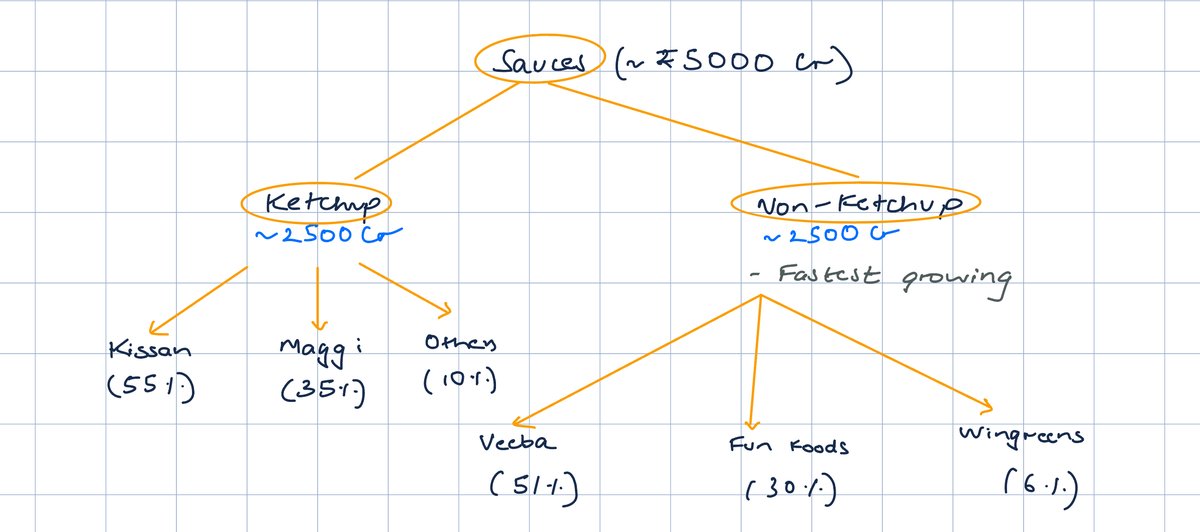
Sanskar
Keen Learner and Exp... • 1y
Viraj Bahl started Veeba foods in 2015 with the aim of providing high-quality condiments and sauces to fast food chains. Veeba initially focus in B2B segment to avoid the high competition and price war of the retail market. But its big break came wh
See MoreKanhaiya Bharti
15-min free advisory... • 1y
Great marketing by Veeba ketchup with this one tagline - "Mehnat ka phal Veeba hota hai. 1. Replaced "Meetha" with "Veeba" sending message about the sweetness of the ketchup. 2. Phal represents the organic, natural tomato used in making. 3. It is an
See More
Siddharth K Nair
Thatmoonemojiguy 🌝 • 9m
Burger King “Hacked” Google — and Got Awards for It In 2017, Burger King dropped a 15-second ad that spoke to your smart speaker literally. A worker looked into the camera and said, “Okay Google, what is the Whopper burger?” Instantly, Google Homes
See More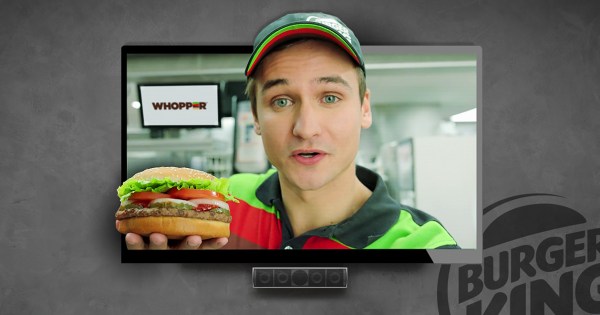
Dheeraj Khanna
Hey I am on Medial • 1y
'Kalari cheese', an indigenous cheese from Udhampur (J&K), gaining popularity on social media in recent years. But why is it not getting enough market pan India? and why popular brands like Mc Donald's and Burger King are still not making it to their
See More
Download the medial app to read full posts, comements and news.




















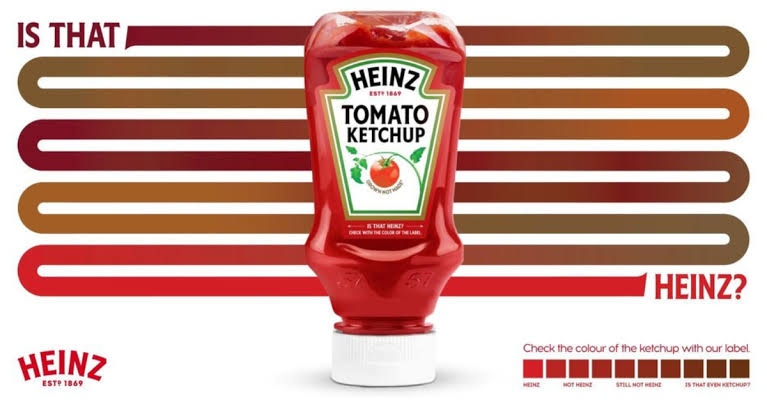

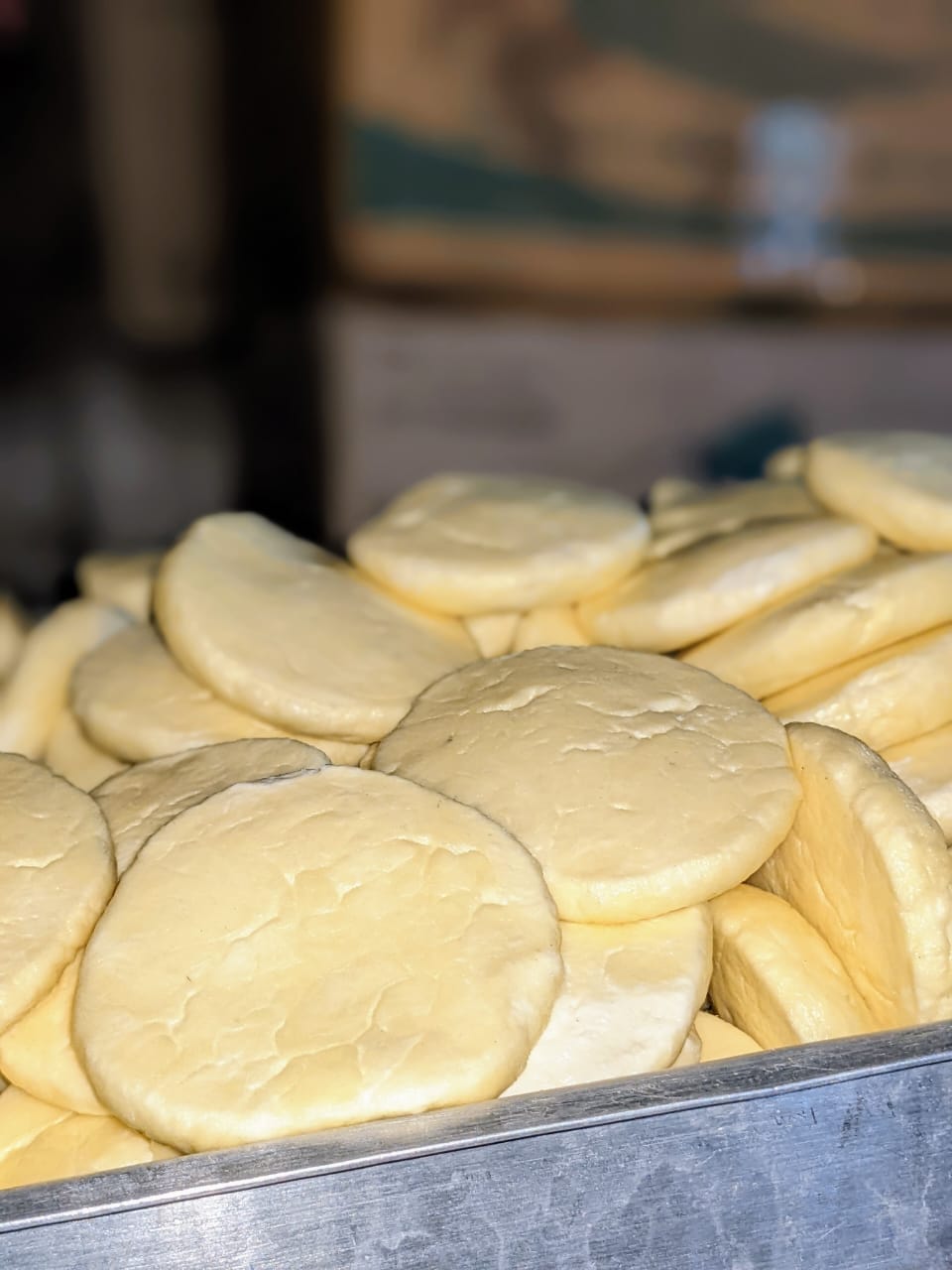


/entrackr/media/post_attachments/wp-content/uploads/2021/08/Accel-1.jpg)

















